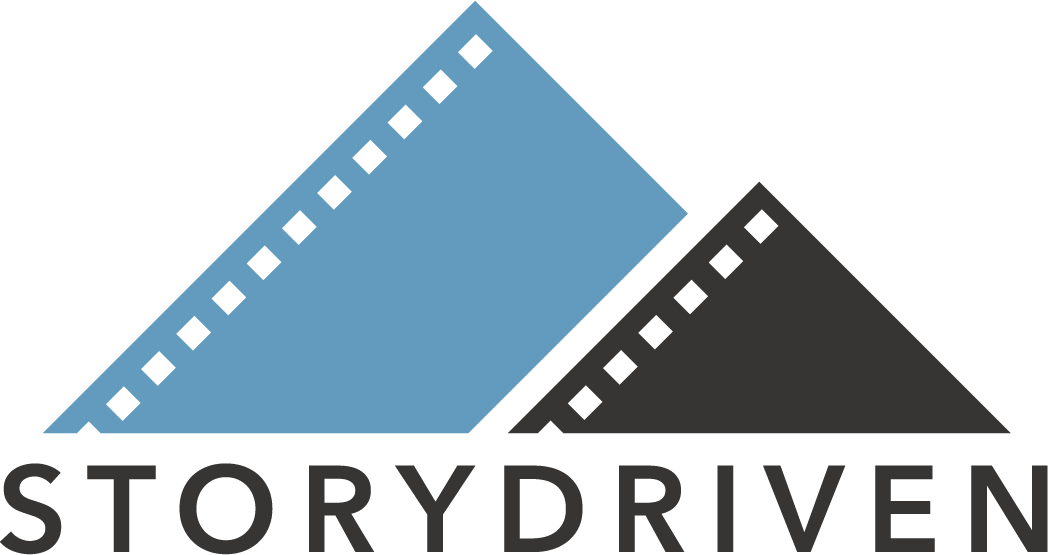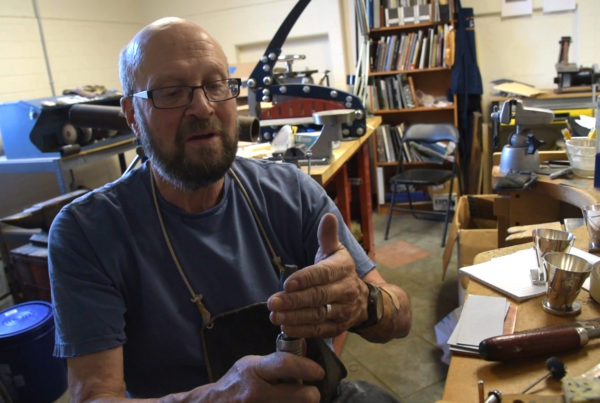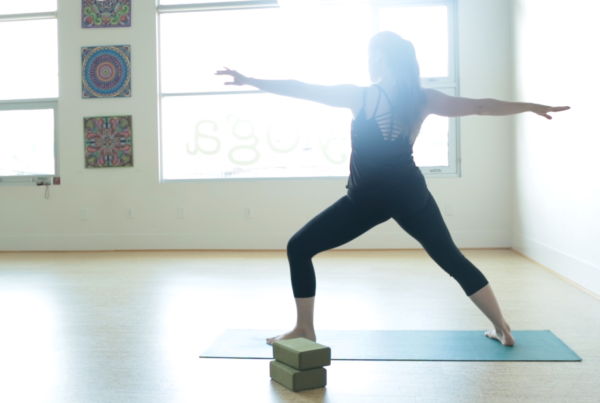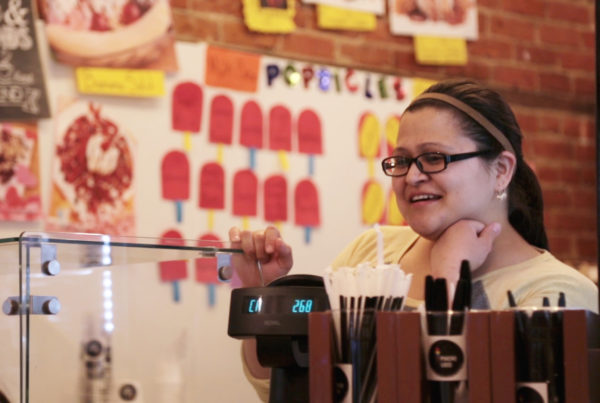At the Full Frame Documentary Film Festival, we had the awesome opportunity to sit down with the two North Carolinian filmmakers featured in this year’s “New Doc” lineup. Read on to learn how they connect with their story leads and audience!
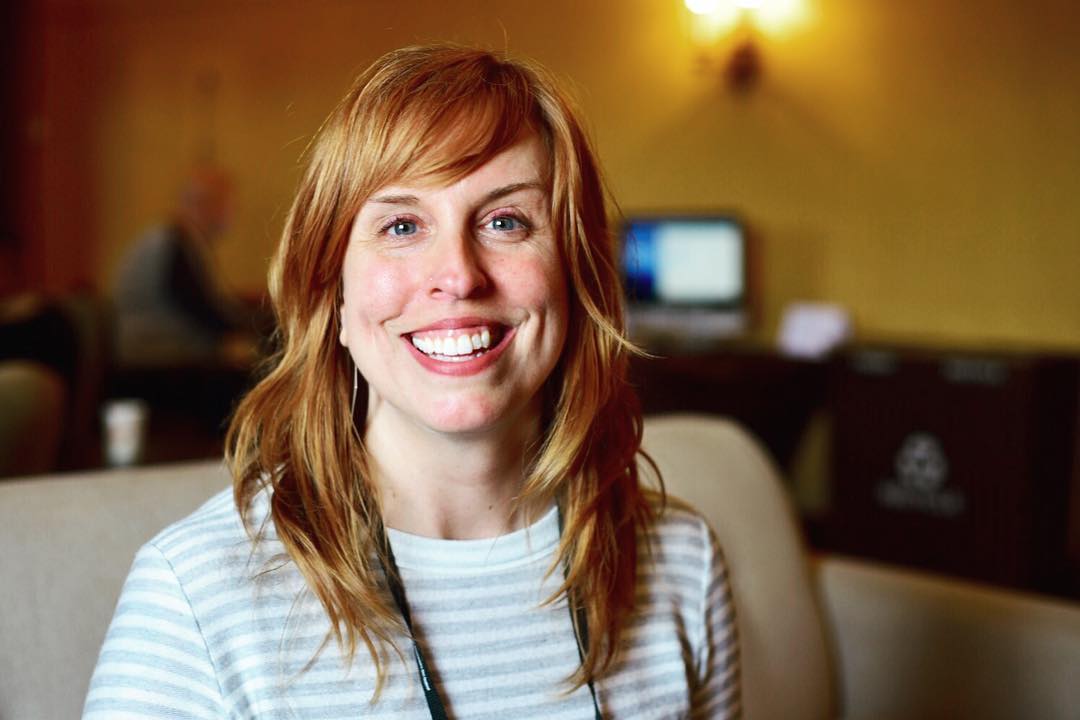
NICOLE TRICHE, director of the elondocs program at Elon University, is the Durham resident behind All Skate, Everybody Skate. Her film honors Miss Doris Jenkins, the septuagenarian owner of a popular skating rink and post office in Topsail Island, NC.
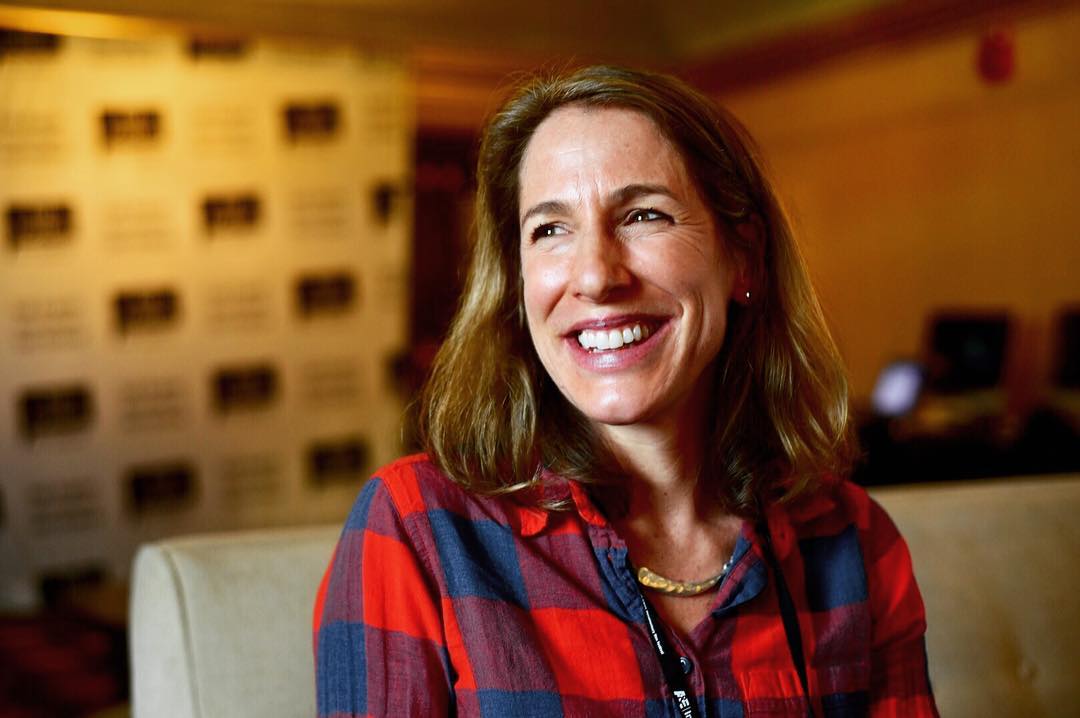
OLYMPIA STONE, an independent producer in Chapel Hill, screened The Original Richard McMahan, the latest in her growing body of documentaries about art and artists. Based in Jacksonville, FL, Richard McMahan is the self-taught art historian, creator, and curator of a “mini museum” featuring replicas of history’s greatest artwork.
NICOLE TRICHE: "ALL SKATE, EVERYBODY SKATE"
At StoryDriven, we often remind each other that our work shapes us, just as much as we shape our work. It’s about being open to what the story has to teach you. And this is exactly how Nicole encourages her students at Elon to approach storytelling. She brought ten students to Full Frame this year, and hopes that the diversity of films will stretch their imaginations of what a documentary can do.
“Documentaries, just like any great film, can make us laugh, make us cry, but hopefully they really make us think, make us more curious. …By doing this film, I was just curious about Miss Doris, and her background, and what her everyday current life is. So in the process of doing this film, I learned what it’s like to be a woman in her late 70’s, working seven days a week, at two different jobs, and really owning it. She is not just a cute old lady!”
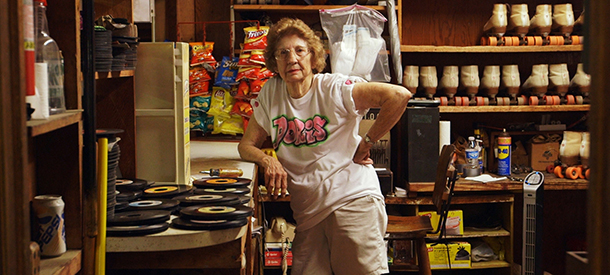
Indeed, Nicole’s own learning curve started the moment she asked for an interview. Miss Doris skates at her own pace: If Nicole wanted a quote, she would have to film their conversations while Miss Doris worked the rink.
“I found her to be someone who was not really comfortable on camera, and didn’t want to talk all the time. …It was a good check on my ego, to realize that Miss Doris and I are making this together. She’s a participant, not a subject. We’re making this together, so I need to meet her halfway on that.
And “All Skate, Everybody Skate” does just that. Like drawing back a stage curtain, Miss Doris unfolds her story thread by thread. We glimpse her younger self, skating with her husband Sunny, to the same records she’s played since they first built the rink more than fifty years ago. We loosen our grip on time as she glides ‘round and ‘round the rink, for round after round of games. We hear the pride in the local voices of generations of families who’ve found R&R in her rink. Amidst the changing tides of visitors, Nicole captures Miss Doris’ timeless impact on her beach community.
Nicole’s experience teaches us that story flows from Relationship. It’s about going in with eyes, hands, and hearts wide open to the story that’s there.
“Building trust is a really important thing. So what I try to really tell my students is ‘Try to be as transparent as possible. Let people know what you’re doing. Let them know that you’re a student. Let them know what your plans are. …You’re just trying to be as honest as possible with someone about the film that you’re trying to make.”
OLYMPIA STONE: "THE ORIGINAL RICHARD MCMAHAN"
This same commitment to authenticity deeply informed Olympia’s portrayal of Richard McMahan – starting with the ethics of honoring his story. Olympia is interested in “The Truth,” but sometimes, it’s hard to let go of your version and embrace what’s actually there.
“You hear people say this all the time. They went in to make one kind of movie, the movie changes while you’re making it, and it becomes something else, and that really happened in this case. I went down this long road thinking I was making a film about an art savant. And then I basically found out that the guy had never been formally diagnosed as a savant. …It would not have been the right decision for me to force this narrative to make the movie I wanted to make. He doesn’t self-identify that way, so that felt even more like an artificial construct.”
Olympia also shared the challenge of deciding how much of Richard’s backstory to share. Like any conversation, films risk misunderstanding when filtered through a viewer’s personal experiences and biases.
“I think the part that was most uncomfortable for me was to show the [constrained] circumstances that he comes from. I didn’t want to make a film where the audience would pity him. …But I wanted people to see where he’s coming from, to understand how amazing it is that he does what he does. …It’s figuring out the line between not wanting to be exploitative of his trust, but wanting people to know enough about him to understand.”
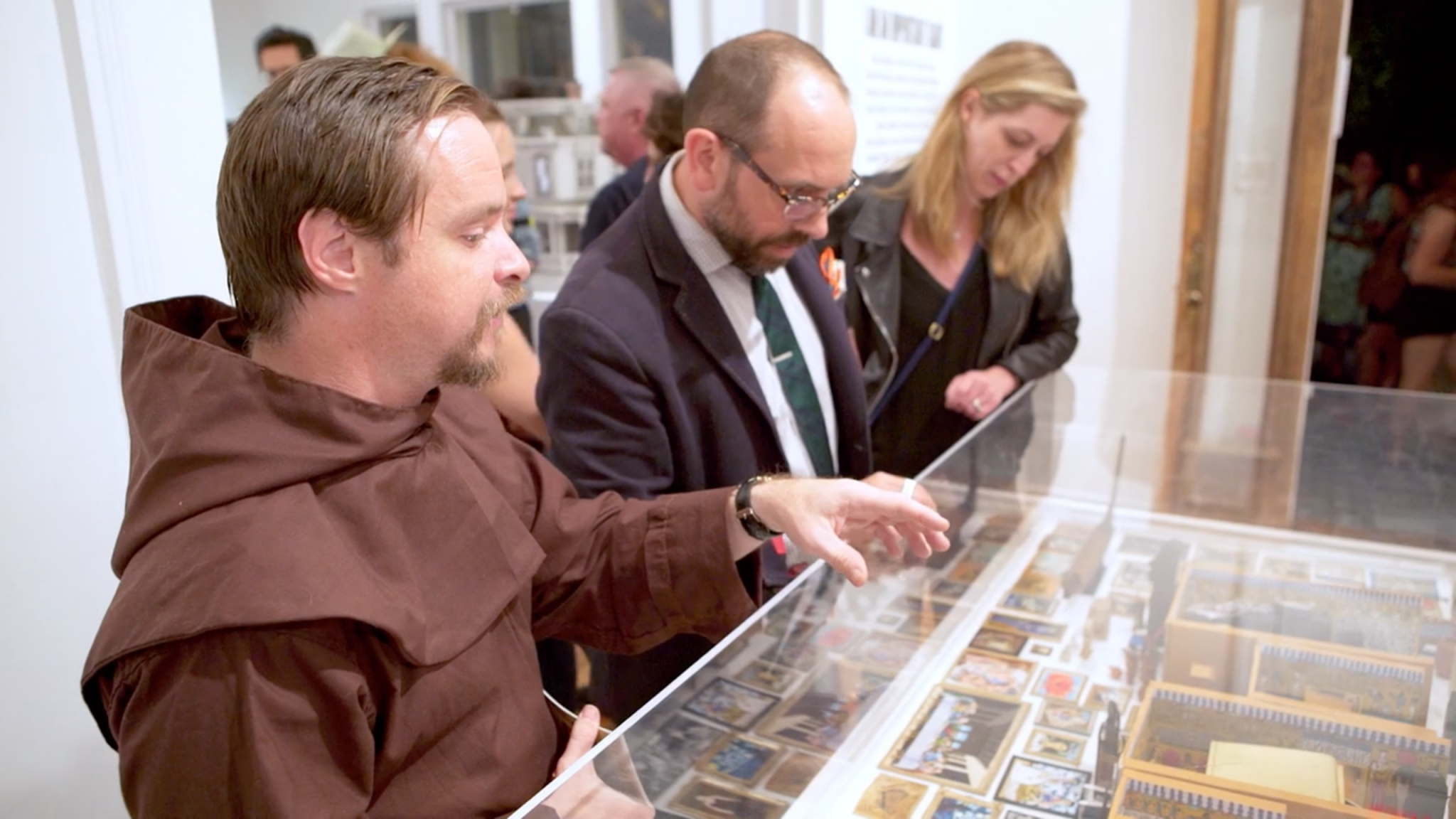
Ironically, this tension between artifice and authenticity finds harmony in Richard’s mini-museum of artwork replicas. “The Original Richard McMahan” directly explores the question, “What is the line between replication and real creativity?” After all, replication usually implies lack of originality or knocking off someone else’s idea. There’s an artifice to it. But Olympia makes us question our definition of authenticity, portraying Richard’s approach as far from artificial. In her own words, “He wants to connect with other people, through these artists he connects with.”
Logging onto a computer at the public library (his main Internet source), Richard really gets to know each artist, what they were going through, why they made their art. And in the process, he becomes an oracle of sorts, voicing truths understood by artists past. It’s no easy feat to make people care about eras and cultures they hardly know or think about. But with great authenticity and creativity, he brings them back to life. In reviving their memory, they live on. With tiny brushstrokes and handmade costumes, he renews our wonder and curiosity, sparking our desire to know.
Ultimately, documentary comes down to honoring people’s stories. Helping others see their dignity, relate to them, and embrace them as the gifts that they are. Richard’s own heart for connection inspires Olympia’s vision for what audiences will takeaway. Through her portrait of Richard, she invites viewers “to be open to people and what they bring to the world. Everybody is fighting a hard fight. There’s a lot of pain out there. It’s really something beautiful about humans that we can overcome that and persist and still bring beauty into the world.”
